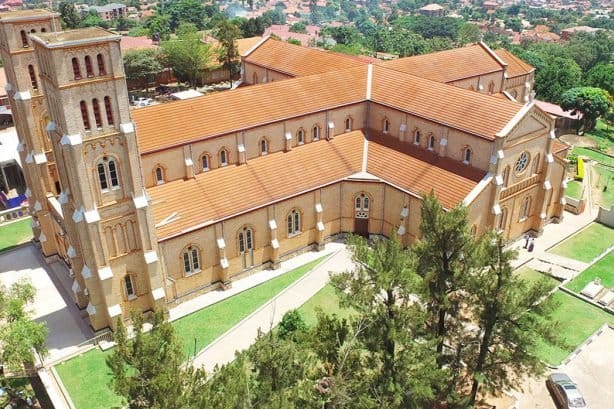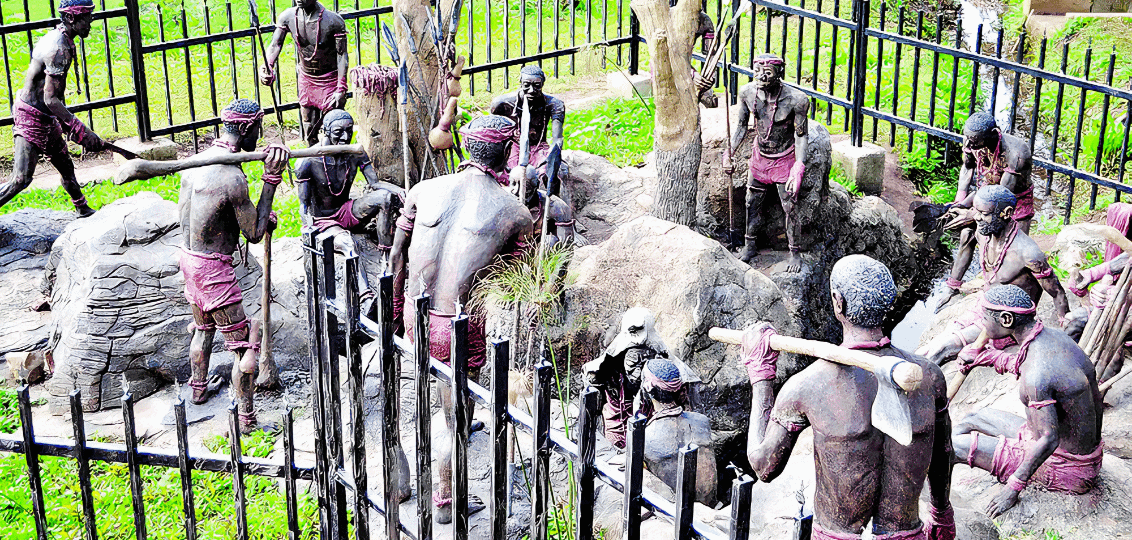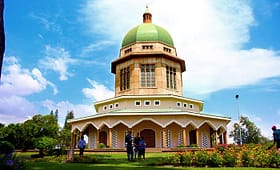In the heart of East Africa lies Uganda, a land brimming with natural beauty and cultural richness. Amidst its vibrant tapestry of landscapes and traditions, religious/spiritual tourism emerges as a compelling journey for travelers seeking to deepen their faith and explore the spiritual heritage of this enchanting country.
Understanding Religious/Spiritual Tourism
Faith and religious tourism encompass journeys undertaken by individuals or groups motivated by their spiritual beliefs and religious practices. It involves visits to sacred sites, pilgrimage destinations, and participation in religious ceremonies and rituals.

The Significance of Religious Tourism
Religious/Spiritual tourism serves as a pathway for travelers to connect with their faith on a deeper level, fostering spiritual growth and cultural understanding. It provides a unique opportunity for individuals to immerse themselves in the traditions, customs, and teachings of different religions, fostering tolerance and appreciation for diversity.
Impact of Religious/Spiritual Tourism in Uganda
In Uganda, religious/spiritual tourism holds immense significance. The country boasts a rich tapestry of religious diversity, with Christianity, Islam, and traditional African religions coexisting harmoniously. Pilgrims from around the world flock to Uganda to visit sacred sites such as Namugongo Martyrs Shrine, the final resting place of Ugandan martyrs, and the revered mosques and temples scattered across the country.
The impact of faith tourism in Uganda extends beyond spiritual enrichment. It contributes to the socio-economic development of local communities by creating employment opportunities, supporting local businesses, and promoting cultural preservation. Moreover, it serves as a catalyst for sustainable tourism initiatives, fostering environmental conservation and responsible travel practices.
The Influence of Technology on Faith Tourism
In recent years, technology has revolutionized the landscape of religious tourism in Uganda. The widespread accessibility of the internet and mobile devices has facilitated greater awareness and connectivity among pilgrims worldwide. Virtual tours, mobile applications, and online resources offer travelers valuable insights into sacred sites, historical landmarks, and religious practices, enriching their pilgrimage experience.
Furthermore, social media platforms serve as powerful tools for promoting religious tourism in Uganda, allowing pilgrims to share their experiences, connect with like-minded individuals, and inspire others to embark on their spiritual journey.

Here are some types of religious/spiritual tourism in Uganda:
Religious/spiritual tourism in Uganda encompasses a wide array of experiences that cater to diverse faiths and spiritual practices:
Pilgrimages to Sacred Sites: Uganda is home to numerous sacred sites revered by various religious communities. One of the most famous pilgrimage destinations is the Namugongo Martyrs Shrine, where Christians gather to honor the memory of Ugandan martyrs who were executed for their faith in the late 19th century. Other significant sites include the Bahai Temple in Kampala, mosques in cities like Kampala and Jinja, and temples in various regions.
Spiritual Retreats and Meditation Centers: Uganda offers tranquil settings ideal for spiritual retreats and meditation. Visitors can retreat to serene locations such as the foothills of the Rwenzori Mountains or the shores of Lake Victoria to engage in meditation, yoga, and spiritual reflection. Several retreat centers and eco-lodges across the country cater to individuals seeking solitude and spiritual rejuvenation.
Cultural Immersion and Traditional Ceremonies: Uganda’s rich cultural heritage and traditional practices offer visitors an opportunity to immerse themselves in local customs and rituals. Participating in traditional ceremonies, such as birth celebrations, initiation rites, and ancestral worship ceremonies, provides insights into Uganda’s diverse cultural tapestry and spiritual beliefs.
Nature-Based Spiritual Experiences: Uganda’s breathtaking natural landscapes serve as a backdrop for spiritual exploration and communion with nature. Travelers can embark on guided hikes through lush rainforests, embark on safari adventures in national parks like Queen Elizabeth and Murchison Falls, or visit sacred sites nestled amidst pristine wilderness.
Interfaith Dialogue and Community Engagement: Uganda’s religious diversity fosters interfaith dialogue and collaboration among different religious communities. Visitors can engage in discussions, seminars, and workshops focused on promoting peace, tolerance, and understanding among individuals of different faiths.
Volunteer and Service Opportunities: Many religious and spiritual organizations in Uganda are involved in community development and social service initiatives. Visitors can participate in volunteer programs focused on education, healthcare, environmental conservation, and poverty alleviation, contributing to positive change and social upliftment.
Embracing Sacred Tourism
In embracing the essence of spiritual tourism, travelers embark on a transformative journey of self-discovery, enlightenment, and cultural immersion. Whether exploring the majestic landscapes of the Rwenzori Mountains or participating in traditional ceremonies with local communities, Uganda offers a myriad of opportunities for spiritual seekers to nourish their soul and cultivate a deeper connection with the divine.
Conclusion
In conclusion, religious/spiritual tourism in Uganda transcends mere exploration; it is a profound testament to the enduring power of faith, unity, and cultural heritage. As travelers embark on their pilgrimage to Uganda, they embark on a sacred odyssey of the heart, where the boundaries between the physical and spiritual realms blur, and the soul finds solace amidst the timeless rhythms of Africa.






